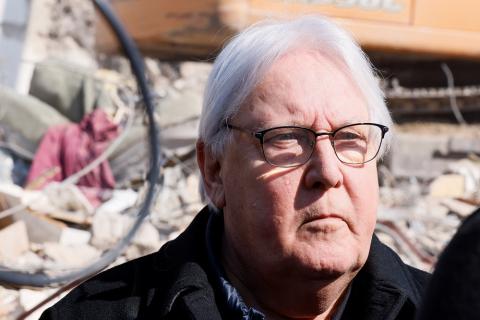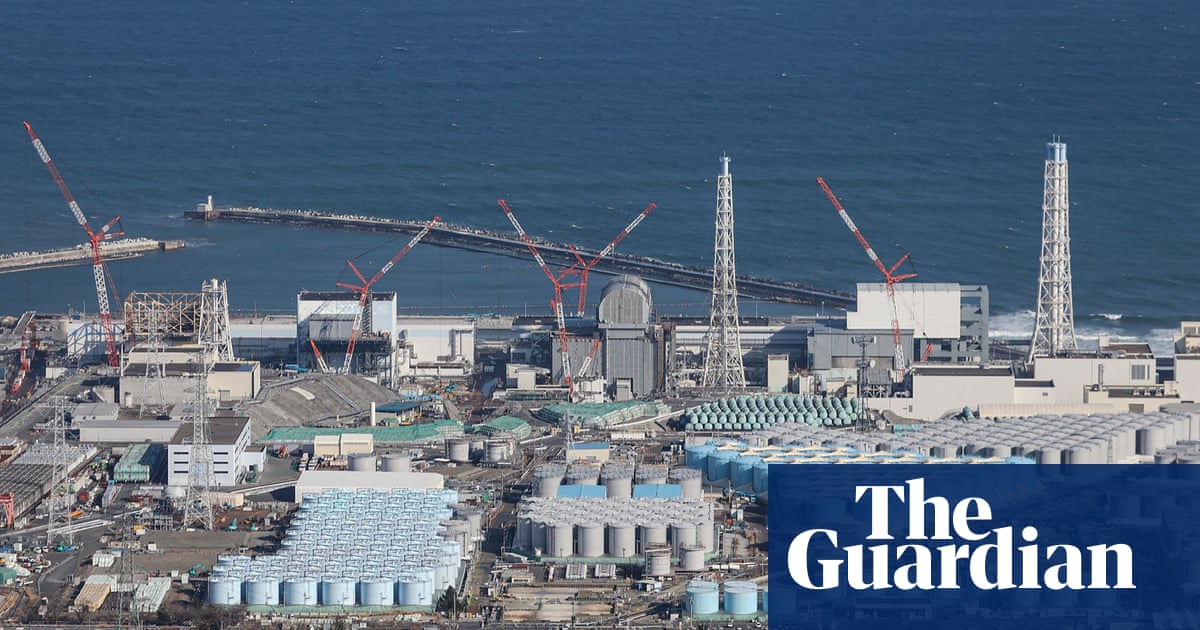
GENEVA (10 October 2022) – A UN expert has urged the Japanese government to give unqualified, human rights and needs-based support to the more than 30,000 people still displaced 11 years after the Fukushima Daiichi nuclear disaster.That approach must also apply to reconstruction in affected areas.
“Many displaced persons are unable or unwilling to return to their areas of origin due to lingering fears regarding radiation levels, or concerns about access to basic services including education, healthcare, and jobs in these areas,” said Cecilia Jiménez-Damary, UN Special Rapporteur on the human rights of internally displaced persons (IDPs).
The expert emphasised there could be no distinction made between IDPs – also known as “evacuees” in Japan – on the basis of whether their displacement was motivated by fear of the effects of the disaster or due to a mandatory evacuation order.
“Protection and assistance to IDPs must be provided on the basis of their human rights and their needs, and not on the basis of status-based categorisations, which have no justification under international human rights law,” Jiménez-Damary said in a statement presenting her preliminary observations from a 10-day visit to Japan.
“All IDPs have the same rights and entitlements as citizens of Japan, and the practice of allocating support based on whether IDPs are categorised as ‘mandatory’ or ‘voluntary’ must end.”
Since the 2011 disaster, IDPs have faced challenges in accessing basic rights, including housing, health, livelihood, participation, and education for children. “To enable durable solutions, conditions must be in place to ensure their right to an adequate standard of living including housing, access to employment and livelihoods, and effective remedy for displacement-related rights violations, including in places of origin to which they are being asked to return,” the Special Rapporteur said.
Accurate information was essential for the evacuees to make informed decisions on whether to return or settle elsewhere. It was also critical to ensure their right to freely choose the most appropriate durable solution is not impeded by policies that make assistance conditional on return.
“For IDPs who remain in evacuation, there should be continued basic support, especially provision of housing assistance to the most vulnerable households and support for all IDPs achieve sustainable livelihoods,” the Special Rapporteur said.
She urged authorities to adopt an area-based approach to the reconstruction of Fukushima Prefecture covering the needs and rights of both IDPs and remaining residents. “To rebuild social cohesion, it is essential that both IDPs and the current residents of Fukushima Prefecture engage in dialogue and are provided with full information and are able to freely participate in decisions related to reconstruction,” the expert said.
The Special Rapporteur visited Tokyo and the prefectures of Fukushima, Kyoto, and Hiroshima and met with executive and legislative officials, civil society organisations, lawyers, and academic researchers. She also heard from internally displaced persons and communities affected by the nuclear disaster.
A comprehensive report on the Special Rapporteur’s visit will be presented to the Human Rights Council in June 2023.
ENDS
Ms. Cecilia Jimenez-Damary was appointed Special Rapporteur on the human rights of internally displaced persons by the United Nations Human Rights Council in September 2016. A human rights lawyer specialized in forced displacement and migration, she has over three decades of experience in NGO human rights advocacy. Her mandate, which covers all countries, has been recently renewed by resolution 50/6 of the Human Rights Council.
As a Special Rapporteur, she is part of what is known as the Special Procedures of the Human Rights Council. Special Procedures, the largest body of independent experts in the UN Human Rights system, is the general name of the Council’s independent fact-finding and monitoring mechanisms that address either specific country situations or thematic issues in all parts of the world. Special Procedures’ experts work on a voluntary basis; they are not UN staff and do not receive a salary for their work. They are independent from any government or organization and serve in their individual capacity.
Read the UN Guiding Principles on Internal Displacement
UN Human Rights country page: Japan
For more information, registration for the press conference, and media requests please contact Krishnan Raghavan (krishnan.raghavan@un.org) with copy to hrc-sr-idp@un.org
For media inquiries related to other UN independent experts, please contact Renato Rosairo De Souza (renato.rosariodesouza@un.org) and Dharisha Indraguptha (dharisha.indraguptha@un.org)
Follow news related to the UN"s independent human rights experts on Twitter @UN_SPExperts
Concerned about the world we live in?
Then STAND UP for someone"s rights today.
#Standup4humanrights
and visit the web page at http://www.standup4humanrights.org











